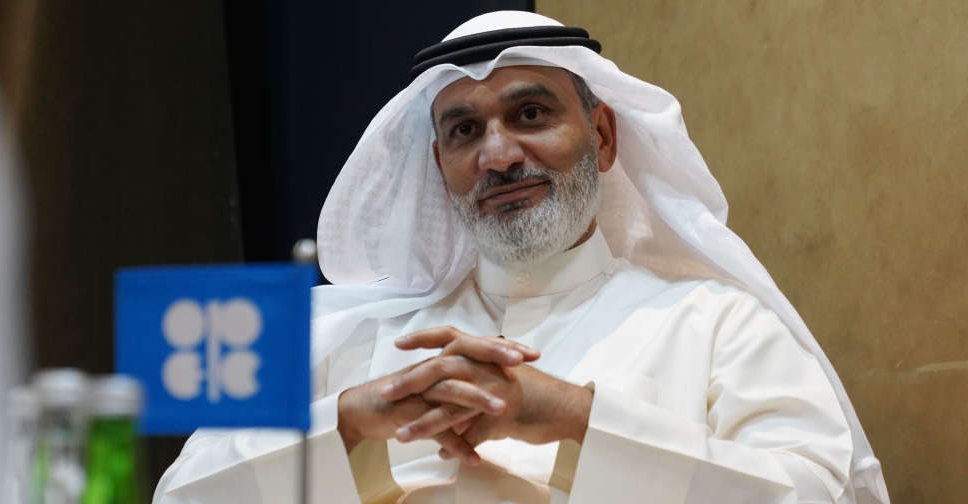
Haitham Al Ghais, Secretary-General of OPEC, said investment needs in the oil sector will remain substantial to meet the expected growth in oil demand, with cumulative investment requirements estimated at $17.4 trillion between 2024 and 2050, or approximately $640 billion annually.
In statements to the Emirates News Agency (WAM) during the World Governments Summit (WGS) 2025, Al Ghais highlighted that the exploration and production sectors will absorb the largest share of investments in the oil sector, with total investment needs in these areas estimated at $14.2 trillion, or around $525 billion annually.
Additionally, investment needs in refining, manufacturing, transportation, and storage are expected to reach approximately $1.9 trillion and $1.3 trillion, respectively, over the same period.
He explained that OPEC's priorities include supporting and ensuring global oil market stability to secure reliable, cost-effective, and regular petroleum supplies for consumers, a steady income for producers, and a fair return on capital for investors in the petroleum industry.
The Secretary-General emphasised OPEC's commitment to securing the future of energy across all types and sources to address energy poverty and promote prosperity for inclusive economic growth under the "all-peoples, all-fuels and all-technologies" approach.
Al Ghais noted that these goals are essential for developing the economies of many countries, particularly developing nations that are the main drivers of oil demand. To achieve these objectives, investment in all types of energy, including the oil industry, must be encouraged.
According to OPEC's World Oil Outlook (WOO) 2024, global oil demand is expected to exceed 120.1 million barrels per day by the end 2050, an increase of 18 million barrels per day from 2023.
Due to population growth, urbanisation, and economic expansion, developing countries are expected to see oil demand growth of about 28 million barrels per day, while developed countries will experience a decline in demand by about 10 million barrels per day.
Al Ghais pointed out that the global oil demand growth forecast for 2025 remains at 1.4 million barrels per day. Demand in OECD member countries is expected to grow by 0.1 million barrels per day, while non-OECD countries are expected to see a growth of 1.3 million barrels per day.
Regarding OPEC's role in maintaining global oil market stability, Al Ghais said the organisation has long recognised the importance of dialogue between producers and consumers in all areas of energy.
He added that key international issues related to energy, such as market stability, supply and demand security, economic prospects, and environmental concerns, directly impact the balance of global energy markets, particularly the oil and gas industry. Proactive dialogue is essential to align the views of all stakeholders.

 Nasdaq set to confirm bear market as Trump tariffs trigger recession fears
Nasdaq set to confirm bear market as Trump tariffs trigger recession fears
 Dana Gas and Crescent Petroleum exceed 500M boe in Khor Mor field
Dana Gas and Crescent Petroleum exceed 500M boe in Khor Mor field
 China to impose tariffs of 34% on all US goods
China to impose tariffs of 34% on all US goods
 Shares bruised, dollar crumbles as Trump tariffs stir recession fears
Shares bruised, dollar crumbles as Trump tariffs stir recession fears
 Wall Street futures sink as tariffs fuel recession fears
Wall Street futures sink as tariffs fuel recession fears




